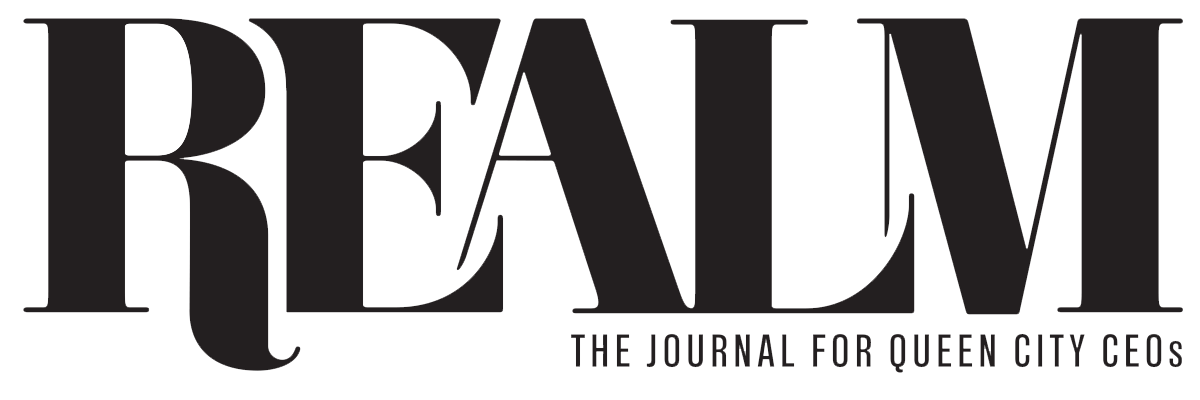Startup businesses need a lot of support to succeed. They have the best chance of thriving when they’re part of an ecosystem of resources providing access to the brightest talent and mentors possible. When you think of the country’s best-know startup hubs—from Silicon Valley to Austin, Texas, to Boston—you understand the components of such an ecosystem: talent, innovation, research, major universities, medical facilities, and existing infrastructure.
Funding is critical to a startup’s success as well, but money will usually find the best ideas and the brightest minds. It’s a lot more portable than universities, hospitals, and Fortune 500 headquarters.
Venture capitalists (VCs) have known about and been investing in Cincinnati for years, thanks in large part to work from CincyTech, Cintrifuse, The Brandery, and other resources to position this region as a low-cost, low-hassle place for entrepreneurs to turn their ideas into scalable companies. Cornerstone institutions such as Procter & Gamble, Kroger, Fifth Third Bank, Western & Southern, Children’s Hospital Medical Center, and the University of Cincinnati are investing in innovation through those startup resources as well as through their own internal mechanisms.
As a result, Cincinnati has gained a reputation among the VC world as having the right ingredients for launching and scaling innovative companies. UC’s Innovation District is where the region’s major corporate players interact with university talent, and Intel’s commitment to Ohio is due in part to its access to talent and support in this region.
We spoke with venture capitalists inside and outside of the region to hear about what makes Cincinnati special and why investment continues to pour into the startup ecosystem here. First, though, here’s a rundown of how venture capital differs from traditional funding sources and what it means to raise your first rounds of funding.
When a new business takes out a loan, banks assess its track record and lend an amount that’s proven to be low-risk through bank statements and credit history. VC firms use money that isn’t their own, private equity they’re tasked with investing on someone’s behalf. They will provide a startup or small business with capital in exchange for an equity stake, with an assumption that the investment comes with a certain level of risk.
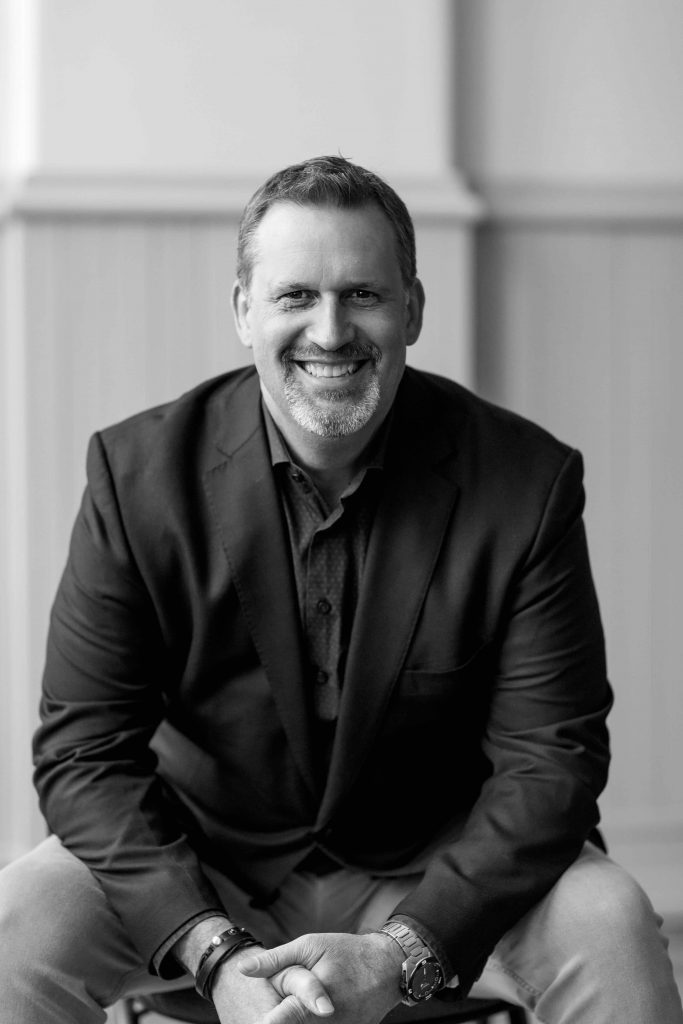
If the company is unsuccessful and ultimately fails, a VC firm has several other companies it’s investing in to make up for the loss. “Venture capital is about finding those outliers,” says Tim Schigel, venture capital manager at Cincinnati-based Refinery Ventures. “For every 10 meetings, one hits. It’s like the music industry—I invest in a lot of artists, but I only need one Taylor Swift.” Thus VCs take more risks with their investments, while traditional funding sources divvy out only the amount they believe is likely to get paid back.
Firms specialize in different stages of funding. CincyTech, for instance, offers seed funding for young companies to start and grow their business. Once a company has a product in front of customers, it will start attracting VC firms to invest in the next stage. Each funding stage roughly aligns with the stage of a company’s growth—the more established the product and the business, the more money a VC will provide.
In addition to funding, most VCs offer networking and mentorship opportunities to provide the company with resources and guidance as it continues to mature. Networking can be one of the most important pieces an investor gives an entrepreneur, as VCs typically have an expansive list of contacts.
Seed Funding: This is a startup’s first investment and often comes from family or friends. Sometimes it’s from “angel investors,” who invest their own money into a startup. Funding is approximately $100,000–$1 million. The company has little to no product or revenue at this point.
Series A Funding: This is the first large investment from a venture capital firm that specializes in early-stage funding. The company is starting to build its customer base and providing clearer pathways to success.
Series B Funding: The business is well-established at this point. Scaling is clear and valuation is growing, often attracting later-stage VCs. Series C Funding: The company is established but looking to grow product offerings or acquire other businesses. Hedge funds and banks are attracted at this stage.
Many investors in Cincinnati companies are locally based or have ties to the area, but interest is growing and connections are building for those outside looking to invest in startups here. Blair Garrou, co-founder and managing director at Houston-based Mercury Fund, one of the country’s largest early-stage venture capital firms, sees the Midwest’s potential.
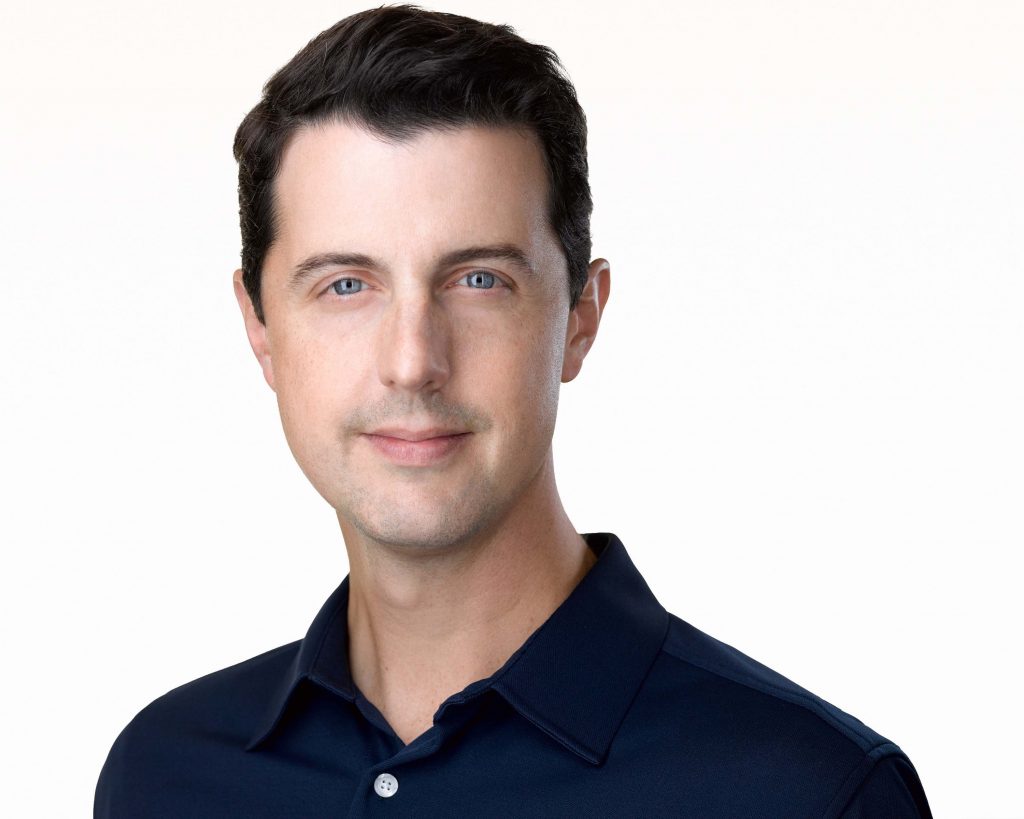
Aside from being a VC, Garrou is an adjunct professor at the Jones Graduate School of Business at Rice University, where he teaches a course on venture capital. He helped launch the largest technology incubator in the state of Texas, Houston Technology Center, and is the former CEO of Intermat, a leader in product information management software.
Garrou recognizes the power and possibility of investing in Cincinnati. “Our thesis is that middle America is largely underfunded and that entrepreneurs there are more modest as a rule than their coastal counterparts and therefore need more assistance and more feedback,” he says. “We first invested in Cincinnati back in 2007 and have been trying to be a part of the fabric in Cincinnati and partner with accelerators, incubators, angel investment groups, and universities to try to understand who are the connectors, who are the entrepreneurs, and who are those startup development organizations that work with entrepreneurs so that we can find those young companies over time.”
Garrou says that when Mercury makes investments here he’ll often set up an office in Cincinnati to take advantage of the region’s consumer understanding. The firm’s investments include Lisnr, a platform that sends micro-communications using sound between devices on standard speakers and microphones, and Amify, which provides a platform for brands to more easily sell their products on Amazon’s marketplace. Amify was originally headquartered in Washington, D.C., but Mercury helped move it here to interface better with Amazon’s expansions at CVG Airport. Its Cincinnati office has more than 60 employees now and continues to grow.
“Some places, especially coastal cities, used to require startups to move to Silicon Valley or places like Boston and New York in order to receive their investment,” says Garrou. “They believed that being based on the coasts would de-risk the investment from a talent and a capital perspective, because most of the capital is on the coasts. But innovation is everywhere, and we’ve found a lot of talent in Cincinnati through the years in companies like Procter & Gamble and Kroger.”
Because Cincinnati is home to major medical groups, facilities, doctors, and researchers, 5AM Ventures partner David Allison, who focuses on biotechnology startups from his office in San Francisco, has invested here. “We are exclusively focused on healthcare and biotech,” he says. “We look for businesses and company ideas where we have skills and expertise to help the company be successful.”
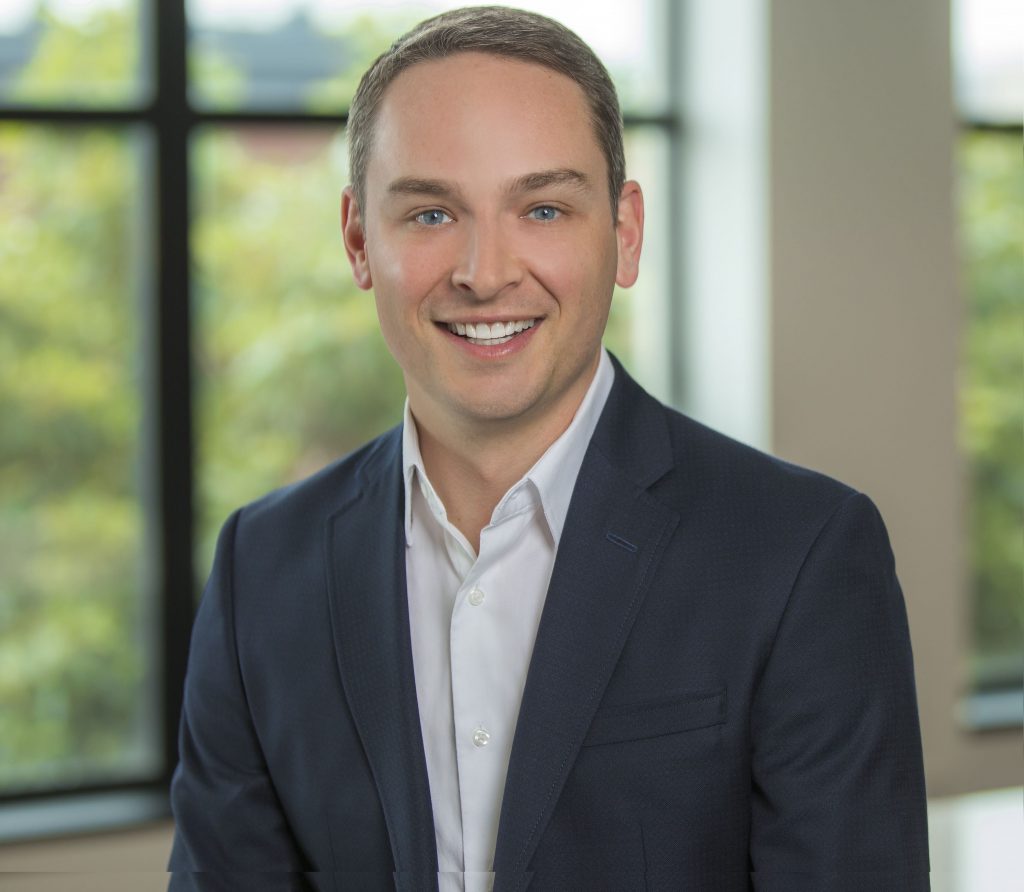
Allison underscores the other services that VCs bring to a company, beyond the infusion capital. They can help the business scale and navigate the inevitable growth challenges together, he says. His expertise is invaluable when investing in the biotech space, a portfolio that includes BlueRock Therapeutics, later acquired by Bayer, and NeuWave, acquired by Johnson & Johnson. He received a PhD in bioengineering from Rice University with a focus on cardiovascular disease and a bachelor’s degree in biomedical engineering. Before his VC career, he worked in the diagnostics and drug discovery business unit at SurModics and was a National Science Foundation Research Fellow at the Cleveland Clinic Foundation’s Heart Valve Laboratory.
“The Cincinnati area has incredible healthcare and biotechnology startups,” he says. “Cincinnati Children’s, for example, is on the forefront of innovation for novel therapies for everything from cancer to central nervous system diseases to rare orphan diseases. Clearly, the region also benefits from the expertise and talent of companies like Kroger, Procter & Gamble, and the University of Cincinnati, among others. This is a region with all the right ingredients to build and scale innovative companies.”
One of the largest local investments Allison has been involved with is CinCor Pharma, which develops new drugs for resistant hypertension. The company’s senior executive leadership team has drug development experience and raised $143 million in Series B funding, which brought more investors to the Cincinnati ecosystem. CinCor is now a public company after an IPO earlier this year.
Relationships with local investors and accelerators help navigate a local geography where a firm such as 5AM Ventures doesn’t already have an established presence. Allison sees Cintrifuse as a critical part of attracting VCs to the region. “They have brought us potential new companies of interest and helped our local investments find space and even service providers,” he says. “They’ve helped highlight the incredible foundation that exists for startups in the Cincinnati area.”
If you’ve ever clicked the option to share content from a website to social media, you’ve interacted with Tim Schigel’s successful ShareThis business. The Palo Alto, California-based business grew to $50 million in less than four years, and its success has shaped his approach to startups in the Cincinnati region through his Refinery VC firm in Over-the-Rhine.
Schigel’s focus is on making an impact on the Midwest startup community. The challenge? Experience. He says the Midwest doesn’t see Silicon Valley style success stories very often, so it can be tough for startup leaders here to imagine the success they could have. Thinking back on his own experience, he says he realized the reason he believed he could start a business is because he saw others do it.
Today one of the first questions he asks leaders of startup businesses is: What would it take to get to $10 million next year? That amount of money, he says, usually shocks everyone in the room. “It dawned on me that entrepreneurs in the Midwest probably haven’t seen people go from zero to $10 million. The only reason I was able to do it was I saw someone else do it. It’s not whether they’re smart or capable—it’s experiential.”
In Silicon Valley, he says, it’s a daily occurrence for company leaders to discuss improving revenue by millions of dollars. The Midwest? It’s uncommon.
Schigel grew up in Cleveland and received his bachelor’s degree in electrical engineering from Case Western Reserve University. The son of a steelworker, his love for the Midwest remains. “I started Refinery with the goal in mind to make a big impact in the Midwest by actively building a pipeline and recruiting leaders who understand the impact that they can have,” he says. “Having a successful career in Silicon Valley is one thing. Having a successful career in the Midwest is a whole different thing. When you think about all the jobs that you help create, you can actually change the trajectory of a city.”
The Midwest, particularly Cincinnati, has a hidden advantage with access to talent, Schigel says. Former Procter & Gamble and Kroger employees can bring a wealth of industry knowledge to startups. Silicon Valley is filled to the brim with top tech talent, he says, and the assumption is that’s where you must build your company to recruit the best talent. “What people forget is the high competition in Silicon Valley. The moment you hire someone, LinkedIn and Facebook and Google are trying to hire them. It’s nonstop poaching. You don’t have that problem in the Midwest yet.”
Some of his best employees, says Schigel, have been boomerangs who grew up in the Midwest, moved to another city and worked for tech companies in places such as Silicon Valley, and then returned to the Midwest to bring their skills and talent back home.
His business investments include DotLoop, which was later sold to Zillow, and launching and managing Cintrifuse, one of the best performing funds in the country. “Success begets success,” he says. “You first have to focus on one, two, or three companies. Some of those employees go out and start new companies, which creates confidence. It’s more about quality than quantity. Too often people focus on the quantity.”
The connections and advising side of the startup ecosystem, as mentioned, can be equally important as or more important than the funding an entrepreneur can raise. Covington-based eGateway Capital fulfills this need by offering mentorship to the companies it invests in. “Our team is a unique blend of operating, scaling, and investing experience,” says Chad Summe, managing partner and co-founder. “Our balanced backgrounds and industry expertise assist us in adding value to our portfolio companies.”
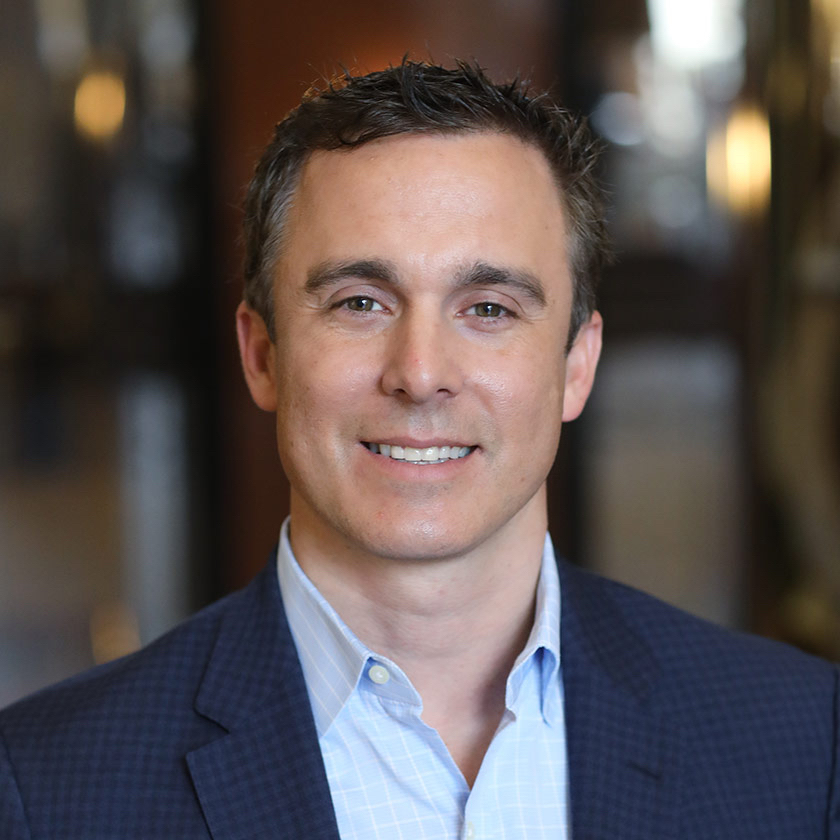
Before Summe launched eGateway Capital, he was chief operating officer and chief strategy officer at Quotient Technology, worked in brand management at Procter & Gamble, and served in the U.S. Navy. His wide range of experience allows the VC to focus on the future of digital commerce and its value chain of how things are produced, marketed, transacted, and distributed.
Summe’s presence in the region allows eGateway to scale its portfolio companies as they work with Amazon’s North American HQ for Prime Air and DHL’s hub at CVG, as well as UPS Air Operations in Louisville. “We believe this secular tailwind around digital commerce will be greatly beneficial to our region and the broader Midwest,” he says. “Our vision is to build a premiere community around this opportunity focusing on the human, social, and especially financial capital to help drive our region’s growth.”
Over the past 16 months, eGateway has invested in five companies: three in California, one in Austin, and one in this region (80 Acres). Some of Summe’s investments outside of this region have local ties. The co-founder of Flowspace, based in California, is a UC graduate and is back in town scaling his engineering team within the region. Cargomatic, also located in California, has an executive located in this region. And Firework has an executive who’s a Cincinnati native and has hired a handful of employees here.
“We’re partnering with the leading innovators in the future of digital commerce from around the world and helping them realize that there is no better place to scale their business and workforce than in our region,” says Summe. “This will help create innovation going forward and spawn many other businesses. We’re thrilled to be headquartered in the Midwest.”
